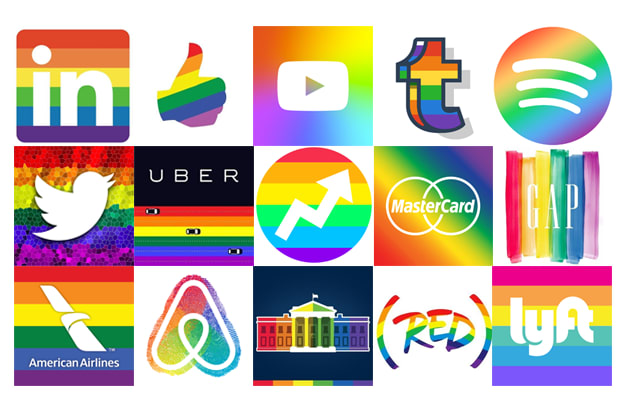cn: more board gaming than election politics, really
Usually around election time I write up a post about what I’m voting for on the ballot. Most things on the ballot are local, and not relevant to most of my readers, but I think it’s important to highlight and normalize the research process for smaller elections. The presidential election is important and all, but in all likelihood you’ve already made that decision so surely you can spare some time to research the smaller elections?
Unfortunately my last ballot didn’t really have any interesting local votes, so I guess we’re stuck talking presidents. Well shoot.
You know what, I want to talk about board games instead.
In games with three or more players, players are often presented with a choice to attack one of their opponents. This opens up a fair amount of strategic space, which board gamers sometimes sometimes refer to as “politics”. Common political strategies include:

